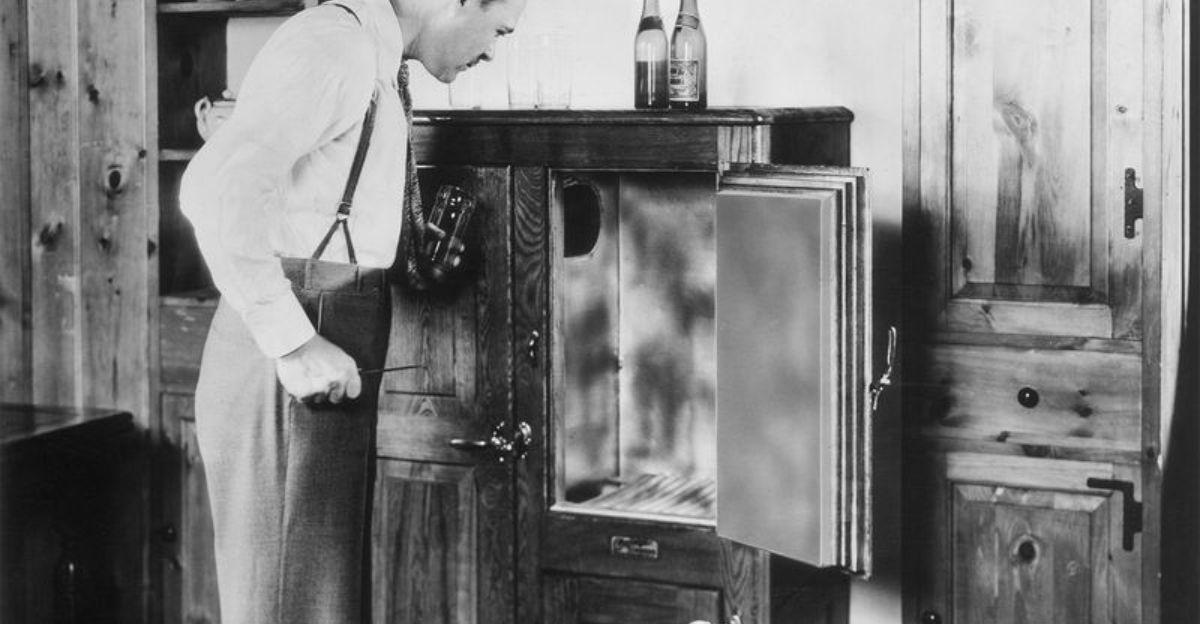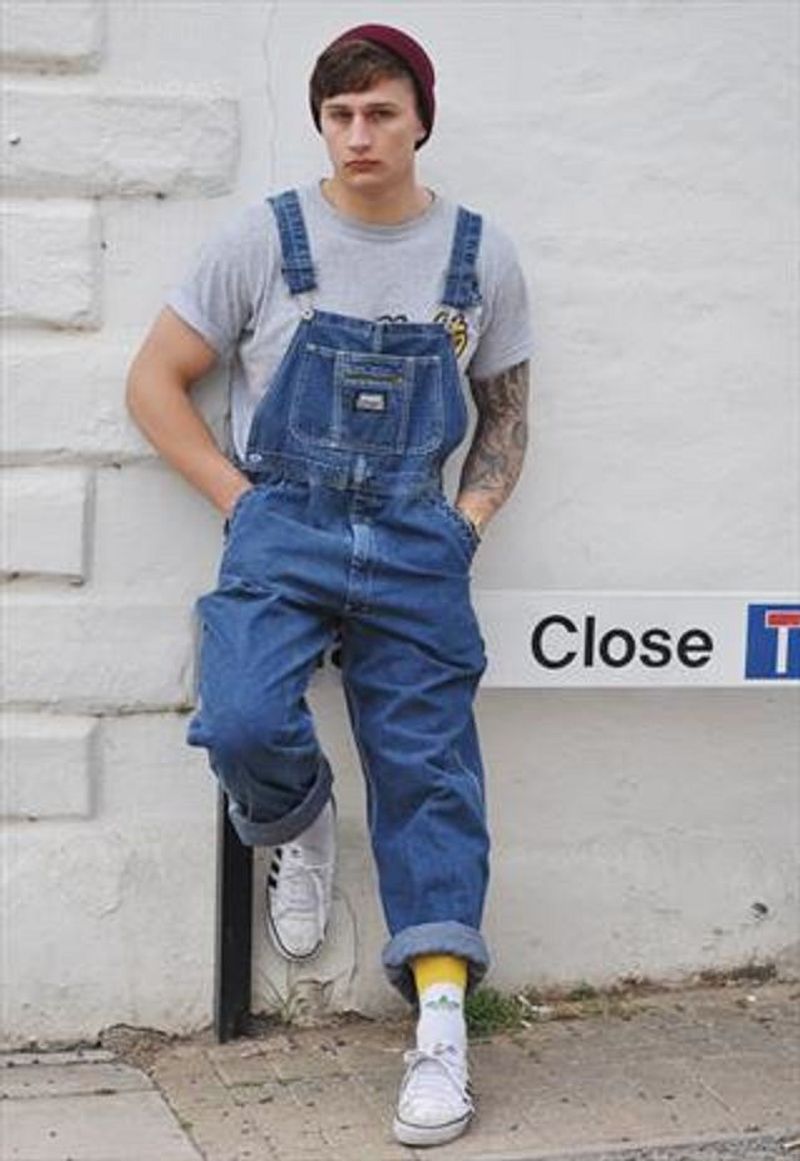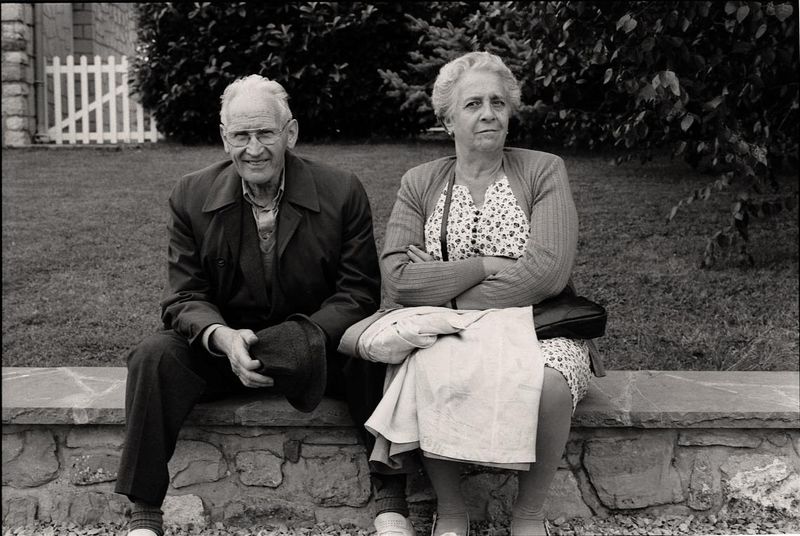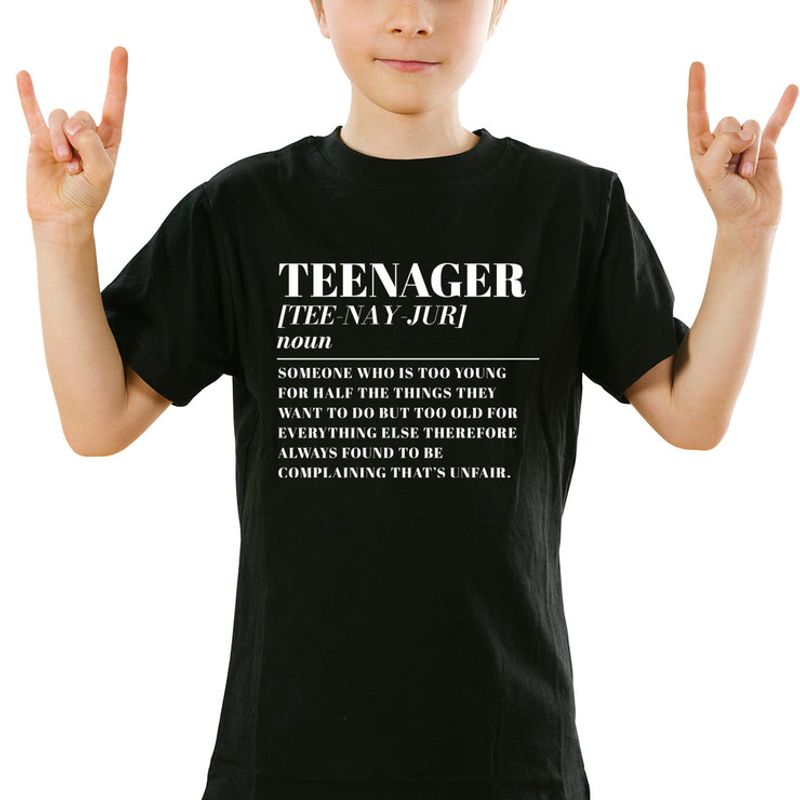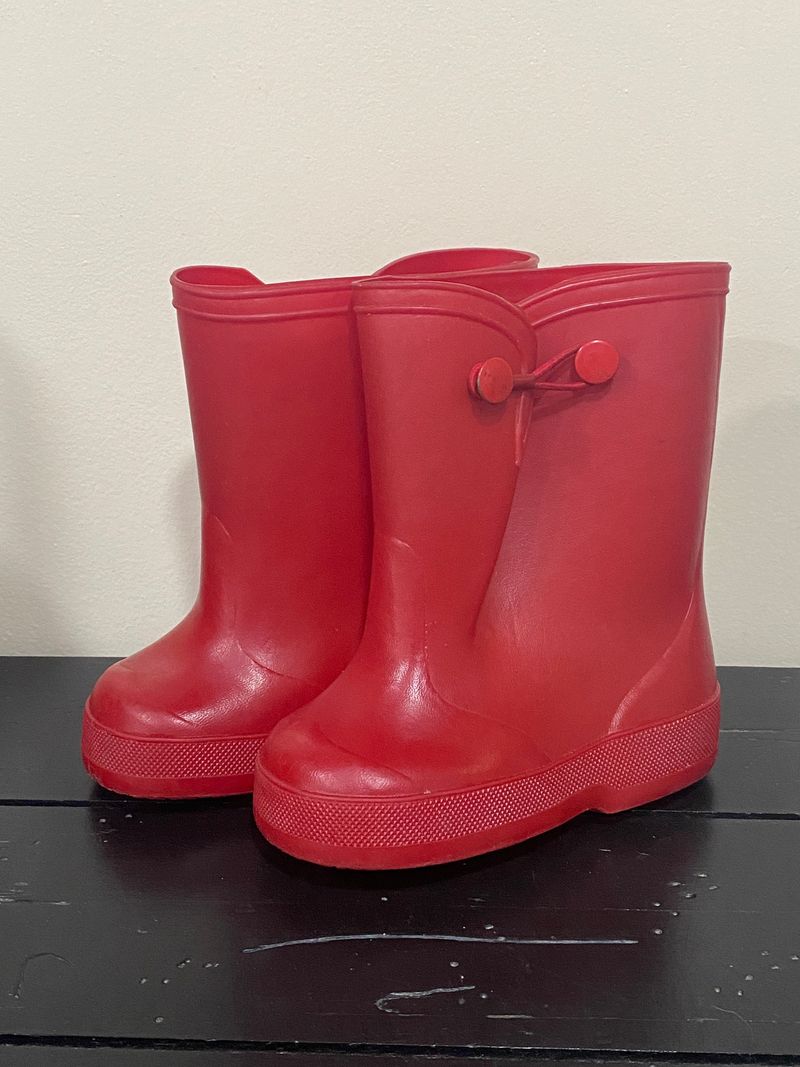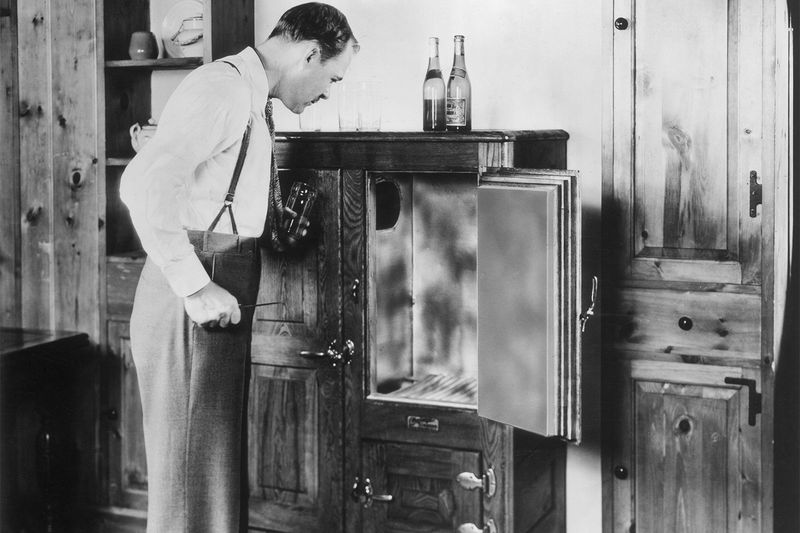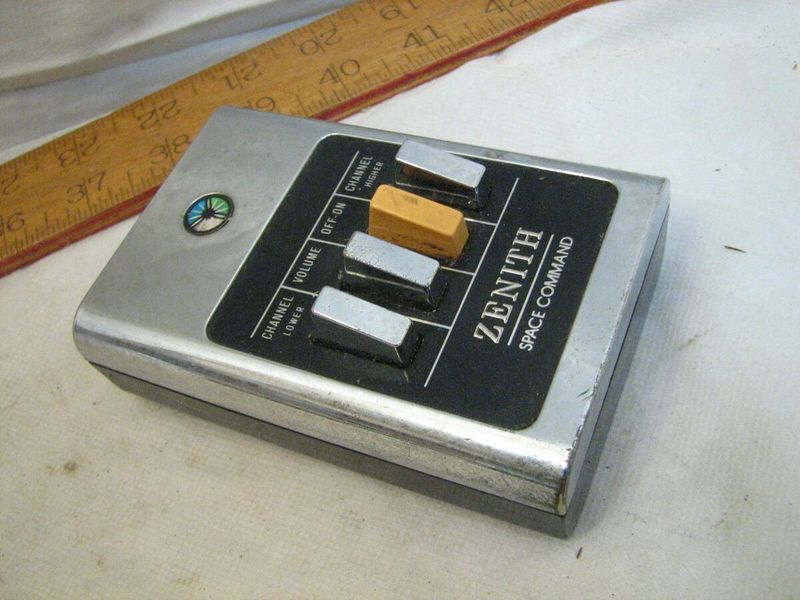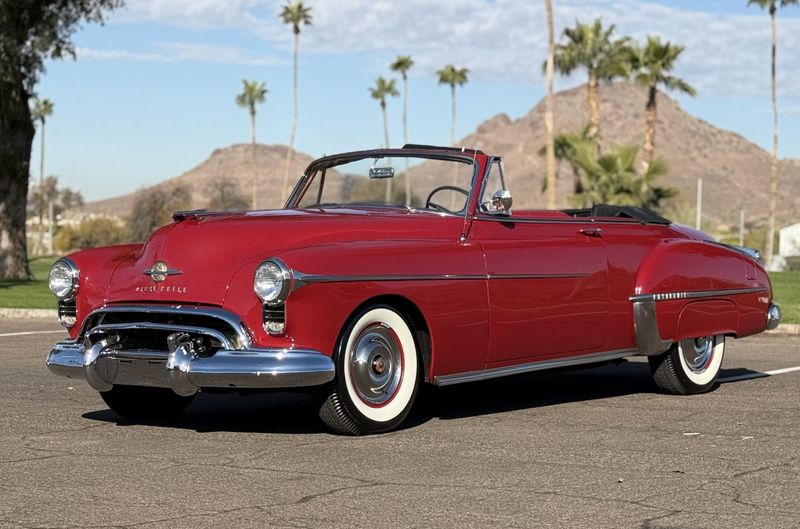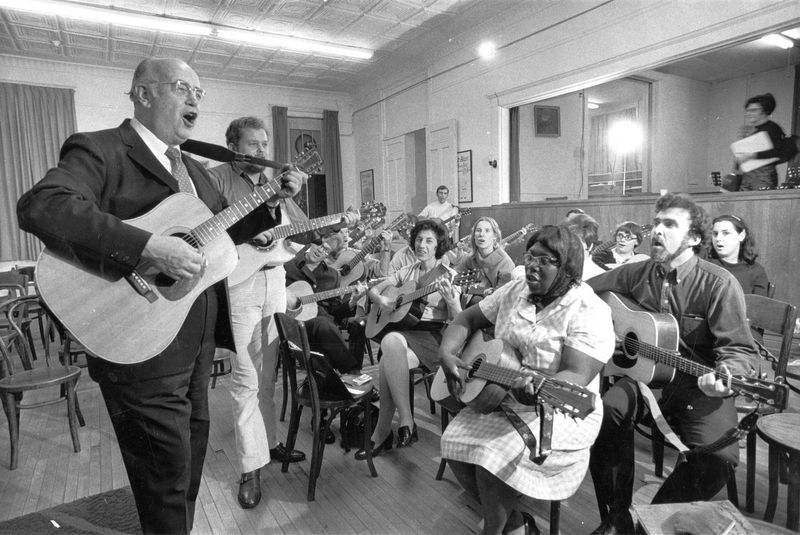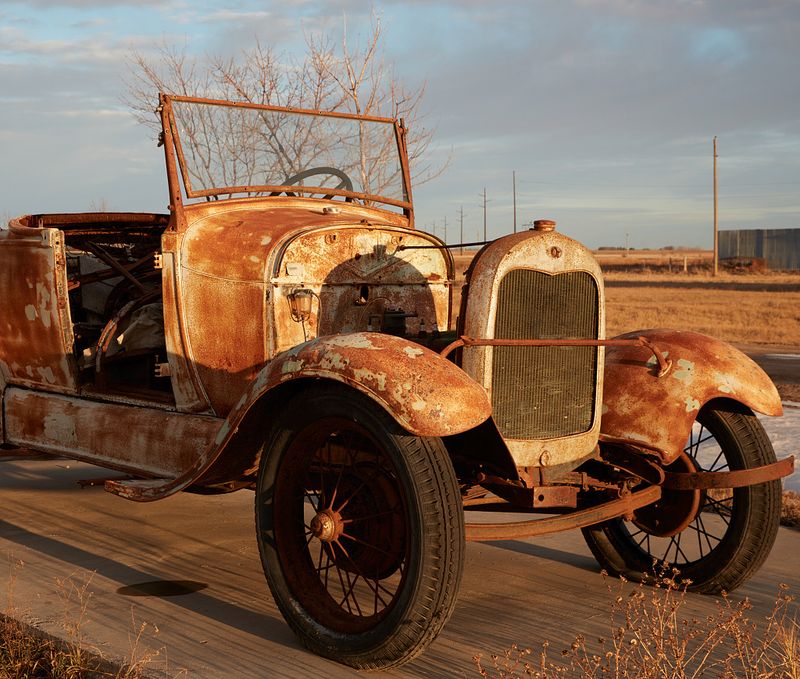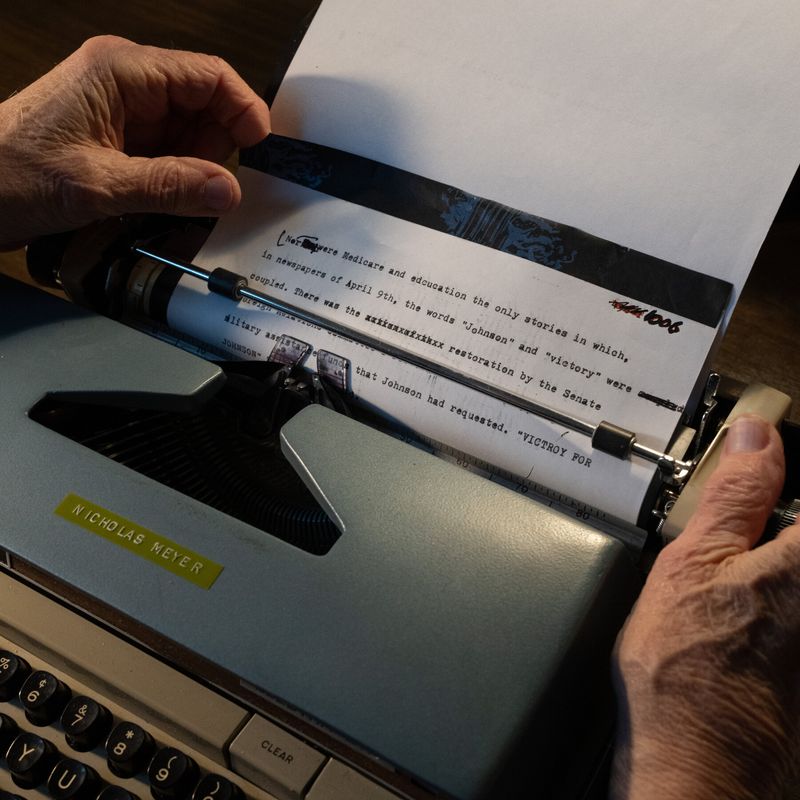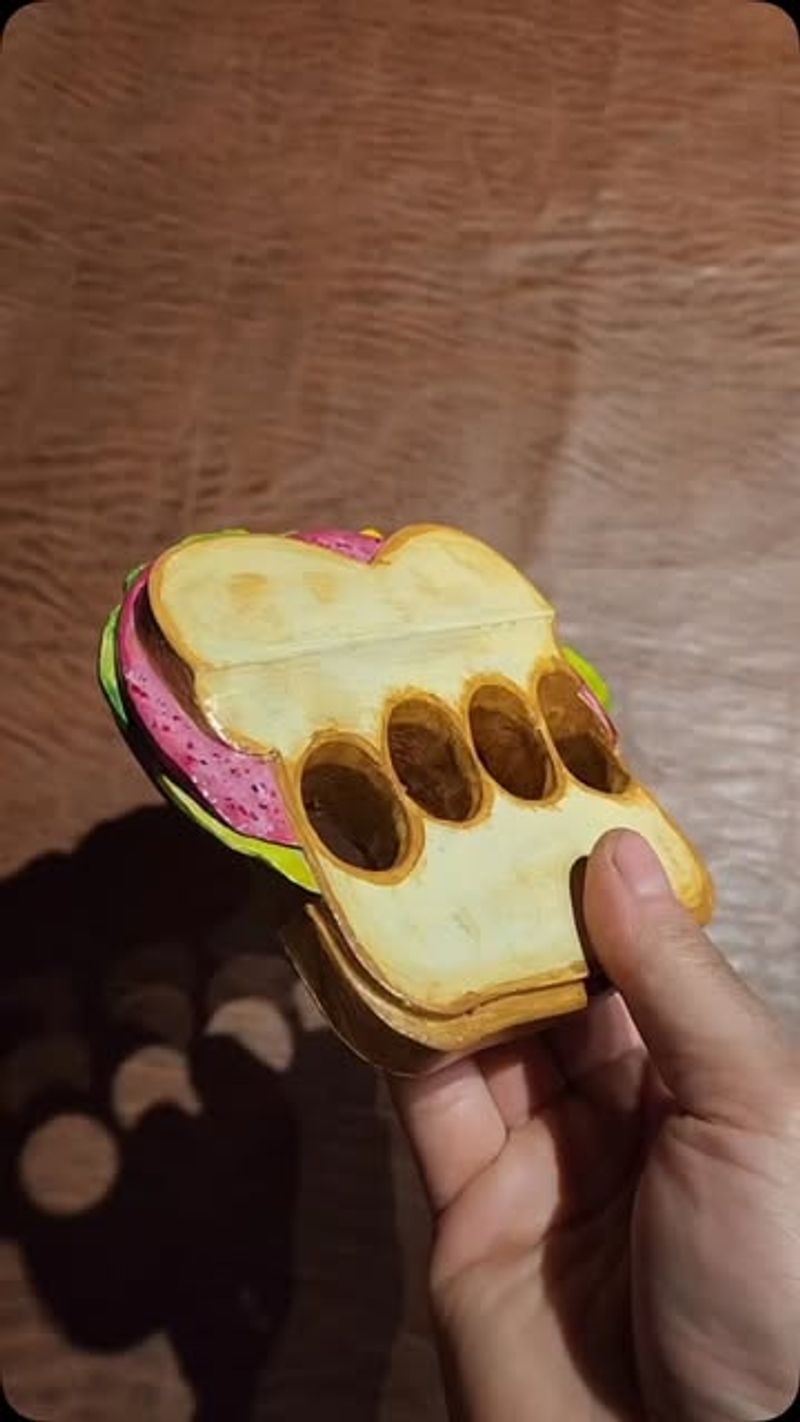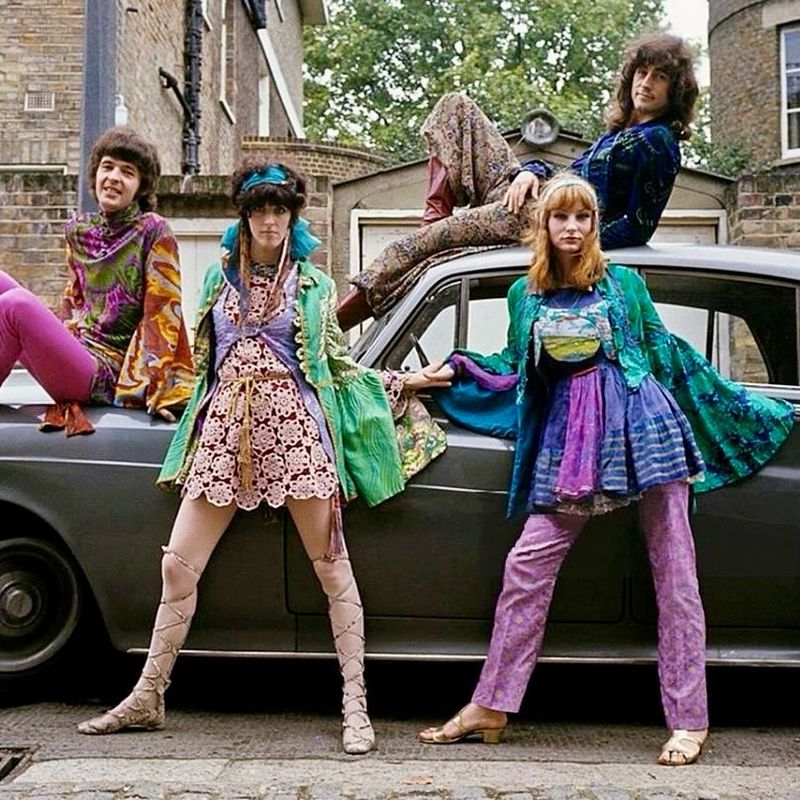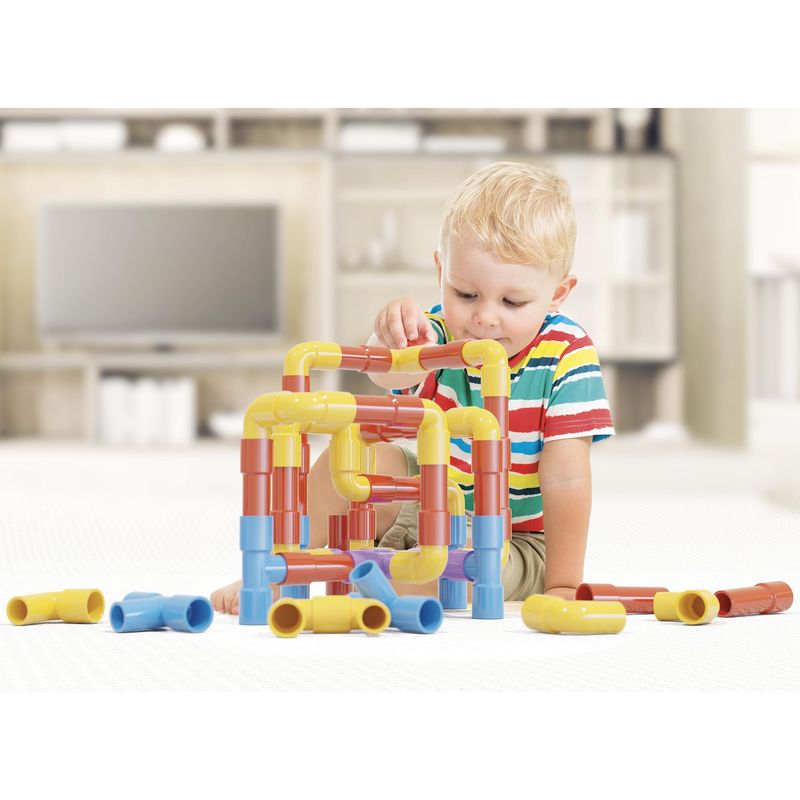Language evolves over time, and some terms that were once common have faded into obscurity. Here, we explore 15 terms from the Baby Boomer generation that often leave Millennials scratching their heads.
From fashion to everyday items, these words reflect a bygone era, offering a glimpse into the past and sparking conversations about how language continues to change.
1. Dungarees
Back in the day, what we now call jeans were known by a different name: dungarees. Imagine your grandparent’s closet filled with these sturdy, blue denim pants, a staple in every Boomer’s wardrobe.
Dungarees were synonymous with durability and practicality, making them ideal for both work and play. The term ‘dungarees’ harks back to a time when fashion was more about function than form.
Despite the shift towards the term ‘denim’, dungarees have left an indelible mark on fashion history. Who knew a simple pair of pants could carry so much nostalgia?
2. Fuddy-duddy
The term ‘fuddy-duddy’ brings to mind someone who clings stubbornly to outdated customs, refusing to move with the times. Picture a character from an old movie, shaking their head at today’s trends, much to the amusement of younger generations.
This endearing, if slightly mocking, term paints a picture of someone cautious and conservative, yet full of character. Often used with a twinkle in the eye, ‘fuddy-duddy’ is both a nod to tradition and a gentle nudge towards embracing change.
3. Whippersnapper
‘Whippersnapper’ is the quintessential term for a young, impetuous person who thinks they know it all. It’s often used humorously to describe those spirited youths who challenge authority with a grin and a quick retort.
This playful term evokes images of energetic teens, bursting with ambition and ready to take on the world, often leaving their elders both exasperated and amused. The ‘whippersnapper’ is a reminder of the unstoppable vigor of youth.
4. Galoshes
Galoshes, those trusty rubber boots, were once an essential part of any Boomer’s wardrobe, especially on a rainy day. Picture a vintage scene where children splash through puddles, their feet perfectly dry thanks to these waterproof wonders.
The term ‘galoshes’ might sound quaint today, but for Boomers, it was the go-to word for rain boots. Practical and reliable, galoshes have long protected feet from the elements, proving that some things never go out of style.
5. Icebox
Before the modern refrigerator became ubiquitous, the icebox was the star of the kitchen. Imagine a sturdy wooden box, chilled with blocks of ice delivered straight to your home, keeping perishables cool in a time before electricity did the job.
The icebox evokes a sense of nostalgia for simpler times, when technology was more mechanical. Though replaced by electric refrigerators, the term still lingers, a testament to its once vital role in every household.
6. Clicker
The ‘clicker’, known to Boomers as the first TV remote, literally clicked with each button press. In a time when color TV was a luxury, this device was nothing short of revolutionary.
Imagine the novelty of changing channels from your seat, a luxury that provoked excitement and occasional frustration when the clicker went missing. The evolution from clickers to sleek remotes marks a fascinating chapter in the history of home entertainment.
7. Ragtop
‘Ragtop’ is the charming term for a convertible, a vehicle that invites adventure with the wind in your hair. Picture a classic car, top down, music playing, as it cruises down a sunlit highway.
Once a symbol of freedom and style, ragtops were the choice for those who valued the journey as much as the destination. Though the term might feel dated, the allure of open-air driving transcends generations.
8. Hootenanny
A ‘hootenanny’ is more than a word; it’s a musical celebration, a gathering of friends strumming guitars and singing under the stars. This vibrant term captures the essence of community and shared joy.
Imagine a scene from the 1960s folk revival, where music flowed as freely as the conversation. Hootenannies were spontaneous, inclusive, and always memorable, representing a spirit of togetherness that remains timeless.
9. Jalopy
The word ‘jalopy’ conjures an image of a beaten-up, run-down car, wheezing along with more character than horsepower. Picture an old vehicle, its paint chipped, yet full of stories from countless miles traveled.
Jalopies were often the first cars for many Boomers, cherished despite, or perhaps because of, their imperfections. The term evokes a bygone era of adventurous road trips and mechanical tinkering.
10. Zonked
‘Zonked’ is the quintessential Boomer term for being utterly exhausted. Picture someone collapsing onto a couch after a long day, shoes kicked off, completely out cold.
This vivid word encapsulates the kind of tiredness that leaves you blissfully unaware of the world, a feeling that transcends generations. Even if the word ‘zonked’ isn’t commonly used today, the experience it describes is universally understood.
11. Carbon copy
Before digital duplication, making a ‘carbon copy’ meant placing a carbon paper between sheets to replicate documents. This ingenious method ensured businesses ran smoothly in a pre-digital world.
The phrase also took on a figurative meaning, describing someone strikingly similar to another. While the physical method has faded, the expression ‘carbon copy’ still finds its place in language, bridging the gap between past and present.
12. Knuckle sandwich
Offering a ‘knuckle sandwich’ is a humorous way of saying you’ll give someone a playful punch. It’s a phrase laced with jest, often exchanged between friends teasing each other.
This cheeky expression reflects a time when humor and camaraderie went hand in hand, turning light threats into laughter. Even if the phrase seems outdated, the playful spirit it embodies continues to amuse.
13. Hunky-dory
When things are ‘hunky-dory’, everything is going smoothly. This cheerful phrase paints a picture of sunny days and contentment, a verbal assurance that all is well.
While ‘hunky-dory’ may sound quaint to modern ears, its optimistic tone is timeless, offering a comforting affirmation that life is indeed alright. It’s a small reminder of the power of positivity in everyday language.
14. Groovy
The term ‘groovy’ epitomizes the 60s, a word bursting with coolness and flair. Picture a lively dance floor, psychedelic patterns swirling, and people expressing themselves freely.
Though often used ironically today, ‘groovy’ captures a spirit of creativity and individuality. It’s a term forever linked to an era of change and color, reflecting a time when the world seemed at its most vibrant.
15. Pea shooter
A ‘pea shooter’ was the ultimate childhood toy, a simple tube for launching spitballs with remarkable precision. Imagine the scene in a 1950s classroom, children giggling as spitballs fly through the air.
Though schoolyard antics have evolved, the ingenuity behind the pea shooter remains a charming reminder of youthful mischief. This timeless toy is a testament to the creativity and fun that defined growing up in a simpler era.
